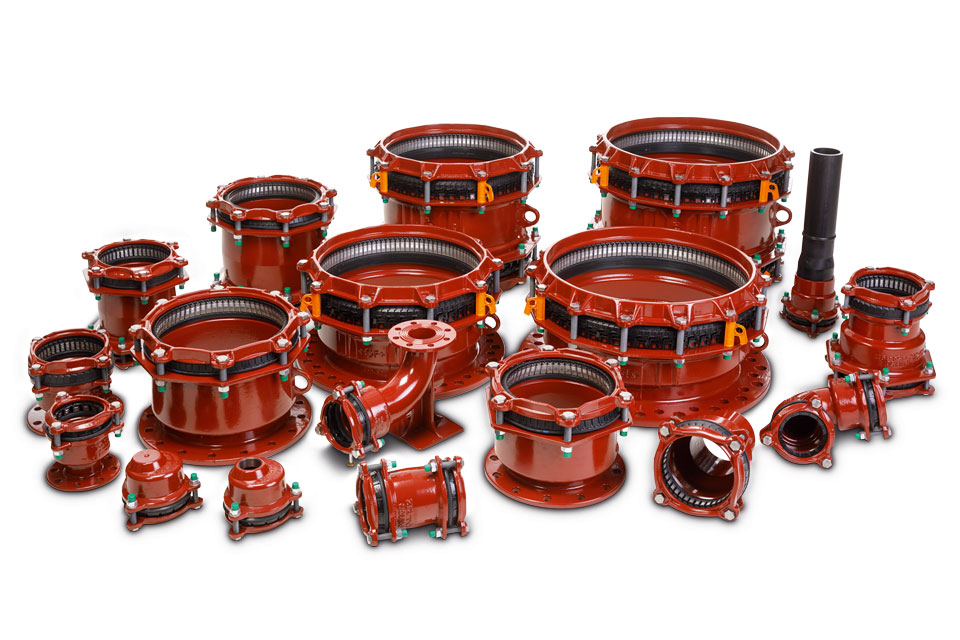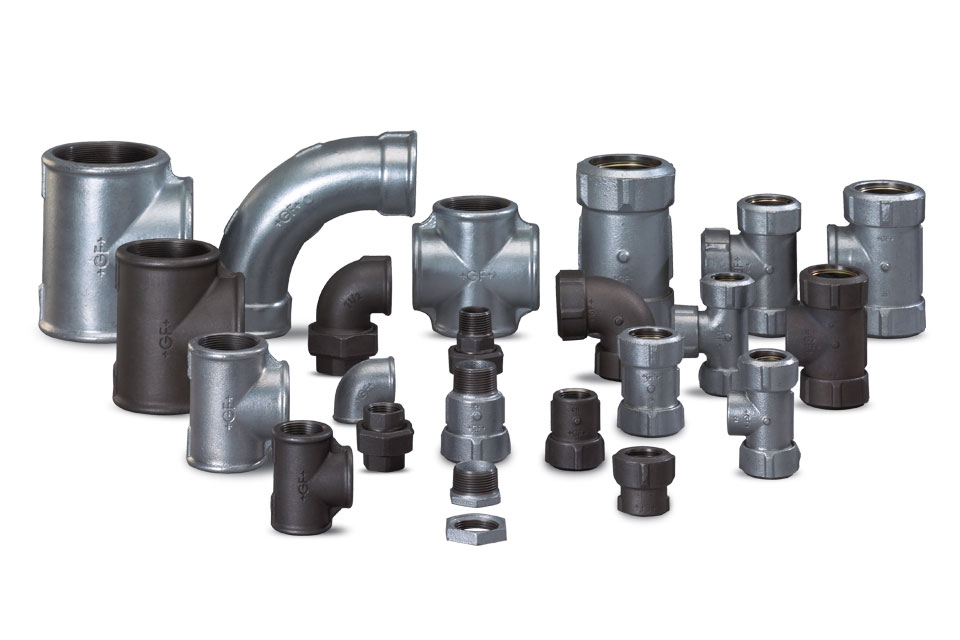DBI (Gas Technology Institute in Leipzig, Germany) specializes in testing and certification for gas technology and related infrastructure, including hydrogen applications. To ensure compliance with DBI certification for hydrogen distribution, the following standards must be followed:
DBI-GTI 108: This standard involves testing for H2 readiness for fittings made of polyethylene (PE). It ensures that the fittings are capable of safely handling hydrogen gas without degradation or failure.
DBI-GTI 106: This standard pertains to testing for H2 readiness for shut-off valves made of PE. It verifies that the shut-off valves can operate reliably and safely in hydrogen gas environments.
DVGW GW 335: This basic certification covers plastic piping systems in gas and water distribution. Specifically, Part B2 focuses on fittings made of PE 80 and PE 100. It sets the requirements and tests to ensure the quality and safety of these fittings for use in gas distribution networks.
DBI conducts rigorous testing according to these standards, evaluating factors like pressure resistance, leak tightness, and resistance to hydrogen embrittlement. Their certifications validate that products are suitable for use in hydrogen environments and comply with stringent regulatory requirements.
For more information on DBI’s certification standards for hydrogen applciations, visit Hydrogen - DBI-Gruppe.










